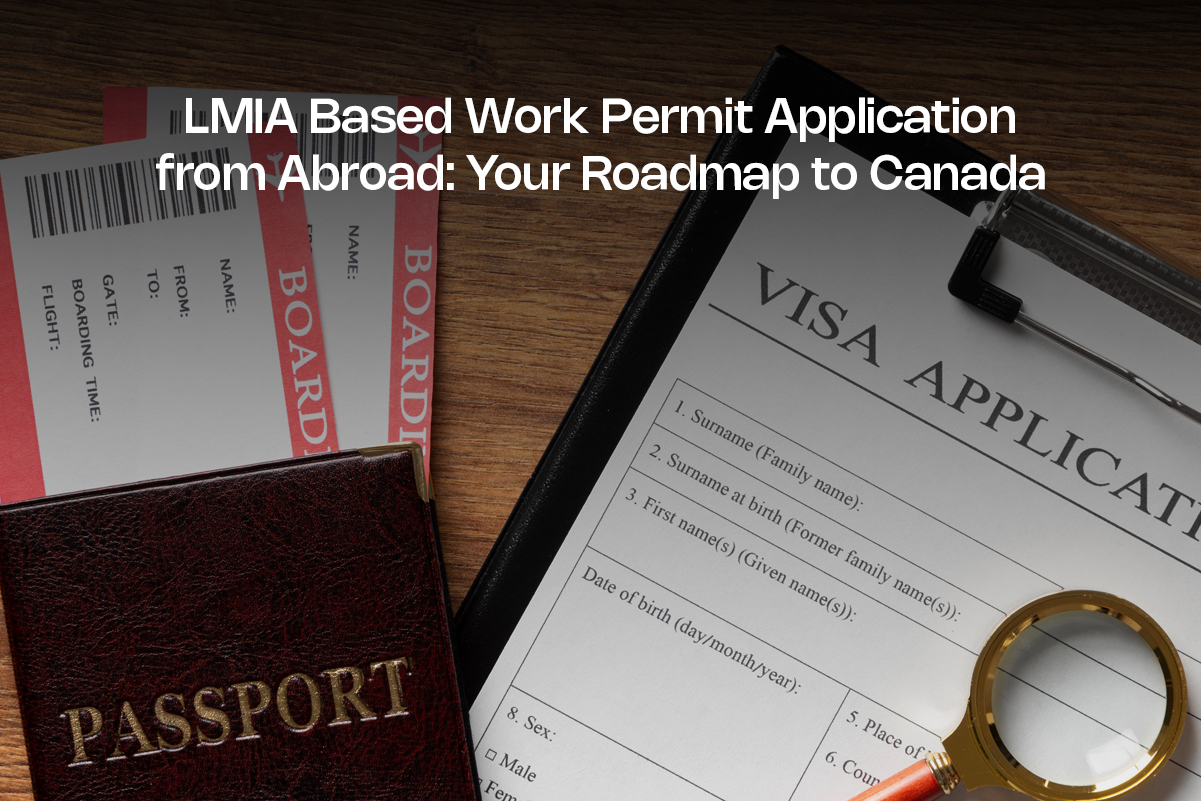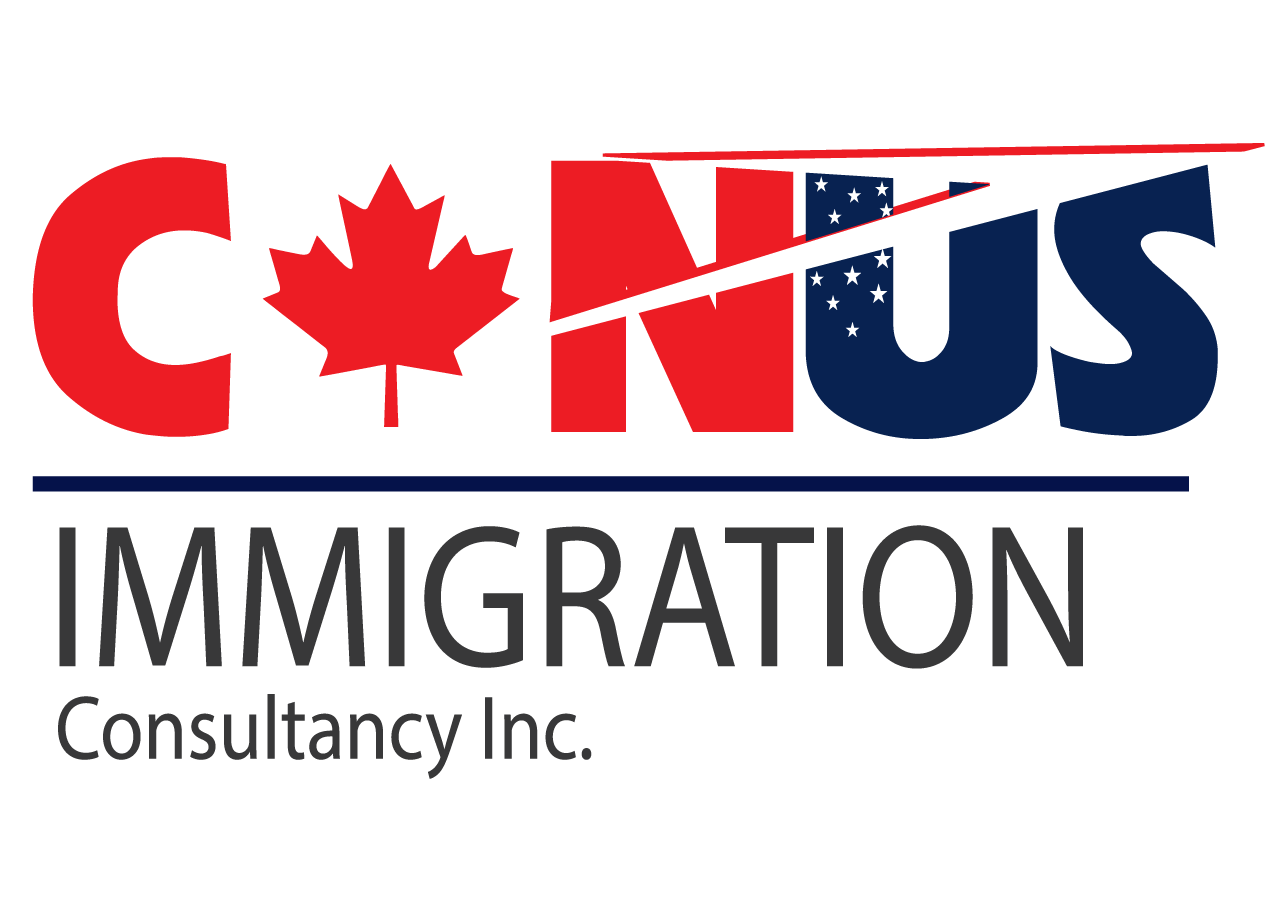LMIA Based Work Permit Application from Abroad: Your Roadmap to Canada

Getting a work permit for Canada can feel overwhelming. But thousands of workers succeed each year through the LMIA process. This guide breaks down everything you need to know to make your Canadian dream a reality.
Canada needs skilled workers. That’s why the government created the LMIA based work permit Canada system. It helps employers find the talent they need while creating jobs for foreign workers.
What is an LMIA Work Permit and Why Do You Need It?
An LMIA (Labour Market Impact Assessment) is a document Canadian employers must get before hiring foreign workers. It proves no qualified Canadian worker is available for the job. This document is your ticket to applying for a work permit.
- Employers must show they tried to hire Canadians first but couldn’t find anyone
- The government reviews if hiring you helps Canada’s job market grow
- A positive LMIA means you have strong job security in Canada
- This work permit opens doors to permanent residence programs later
Employment and Social Development Canada (ESDC) conducts this assessment. They check if hiring foreign workers will hurt Canadian wages or jobs. A positive LMIA shows genuine need exists. A negative LMIA means Canadian workers are available and you cannot be hired.
2025 LMIA Process Changes
Major changes happened in 2025 that affect your application. LMIA-based job offers no longer grant CRS points for new Express Entry candidates as of March 2025. This means you can’t use your job offer to boost your Express Entry score anymore.
You cannot hire low-wage foreign workers in cities with a 6% unemployment rate or higher. This affects many major cities across Canada. Your employer needs to check if their location is eligible before applying.
Higher pay may boost eligibility for economic immigration programs. The new wage increases mean you’ll earn more money and have better chances for permanent residence later.
Required Papers and Who Can Apply
Getting your documents ready is crucial for success. Start collecting everything months before you apply. Missing papers cause delays and rejections.
You need proof of education from your home country. Get these documents assessed by a Canadian organization. They check if your education equals Canadian standards. Work experience letters from past employers are also essential.
Your employer needs even more paperwork. They must show they tried to hire Canadians first. This includes job ads, interview records, and reasons why local candidates didn’t work out.
Language skills matter too. Take IELTS or CELPIP tests for English. For French, take TEF or TCF tests. Higher scores give you better chances.
Medical exams are required for some jobs. Healthcare workers, teachers, and farm workers usually need these. Book your exam early since appointments can take weeks.
How Long Does Getting an LMIA Work Permit Take?
As of May 2025, Service Canada has updated its LMIA processing times—and the numbers reveal both fast lanes and serious bottlenecks. Processing times vary a lot depending on your situation.
High-wage jobs process faster than low-wage ones. Tech workers and managers often get decisions in 2-3 months. Restaurant workers and farm hands might wait 4-6 months or longer.
They will want to apply well in advance of the hiring date, as processing times can vary significantly. Smart employers start the LMIA process 6 months before they need you to start work. Your work permit application comes after LMIA approval. This adds another 4-8 weeks to your timeline. Plan your move to Canada based on these realistic timeframes.
Getting Your Application Ready for Success
Good preparation makes all the difference. Start early and stay organized. Create a checklist of all required documents and track your progress.
Organizing Your Documents
Sort your papers by type and date. Make copies of everything. Get official translations for documents not in English or French. Keep digital copies as backup.
Use clear file names when saving documents. This helps you find things quickly when officers ask for more information.
Finding the Right Help
Consultants can increase one’s chances of success; hence, the best immigration consultant near me knows about the new rules and errors to avoid with almost every case.
Look for regulated consultants who have a reputable reputation. Verify the credentials with the Canadian official bodies. Read reviews from former clients to have an idea of their quality of service.
Reputed consultants like Canus Immigration explain the process clearly. We don’t promise guaranteed approvals, but we help maximize your chances through proper preparation.
Smart Application Strategies
You want your application to get approved successfully. But nowadays LMIA approvals are not as simple as they were a year or two back. We’re seeing much stricter scrutiny from immigration officers. At Canus Immigration, we’ve noticed employers need to work harder to prove they genuinely cannot find Canadian workers.
Focus your search on jobs Canada desperately needs filled. Nurses, truck drivers, software developers, and electricians get approved much faster than other occupations. Check which provinces are actively recruiting people with your background.
- Job matching: Find positions that exactly match your skills and experience
- Wage research: Make sure the offered salary meets current LMIA thresholds for your province
Consider smaller cities and towns. They often have labor shortages and faster processing times. Rural areas also offer lower living costs and stronger community support.
What Happens After You Submit Your Application?
Officers review every detail of your case. They check if your employer followed all advertising rules. They verify your qualifications match the job requirements. They also confirm the wage meets current standards.
Your application processing time ends when you receive a decision letter from Service Canada. You’ll get either a positive or negative decision on your LMIA. A positive decision means you can apply for your work permit.
Keep checking your email and application portal. Officers might ask for more documents or clarification. Respond quickly to avoid delays in processing your case.
Some applications get refused. Common reasons include incomplete documents, unqualified candidates, or employers who didn’t follow recruitment rules properly.
Maximizing Your Approval Chances
Success starts with choosing the right employer and job match. Work with companies that have approved LMIAs before. They understand the process and requirements better than first-time employers.
Your qualifications must clearly match the job posting. Don’t apply for positions requiring different skills or education levels. Officers easily spot mismatched applications and reject them quickly.
The best immigration consultant near me helps identify potential issues early in the process. They review job offers, check employer compliance, and ensure all documents meet current standards before submission.
Stay patient and positive throughout the process. LMIA approvals lead to work permits, Canadian experience, and often permanent residence. Your investment in this process pays off with long-term opportunities in Canada.
